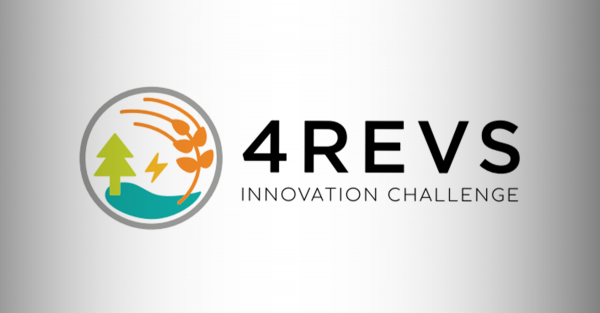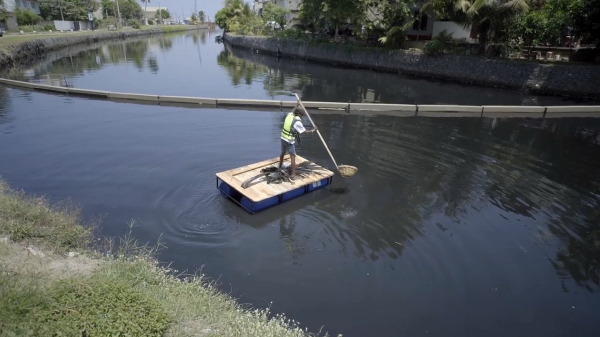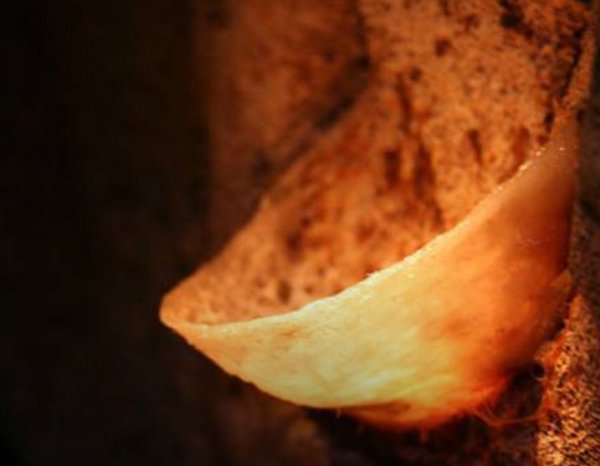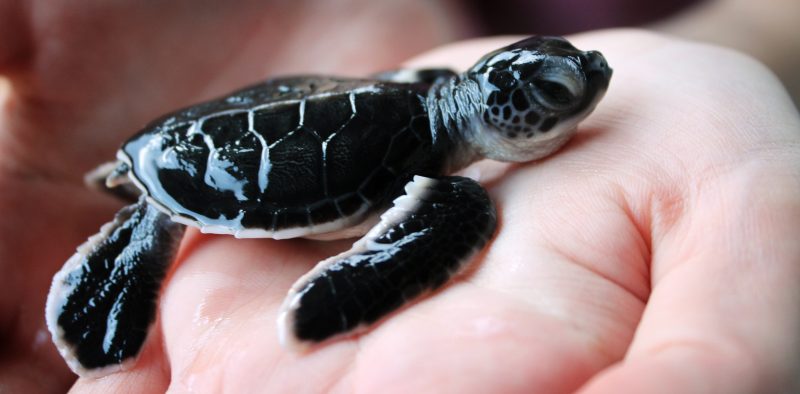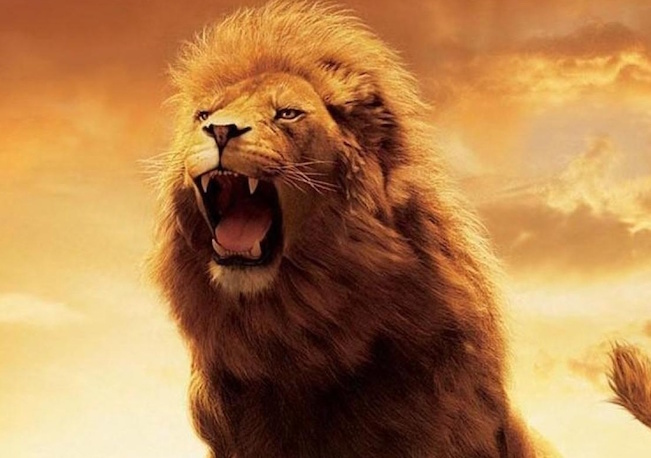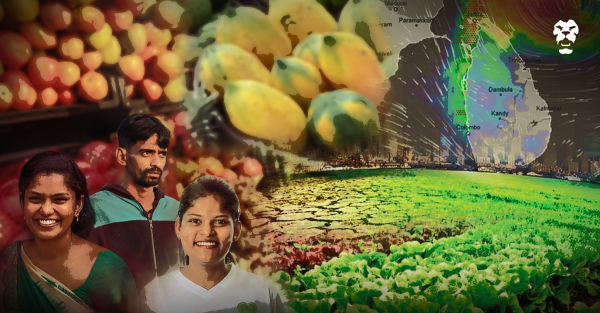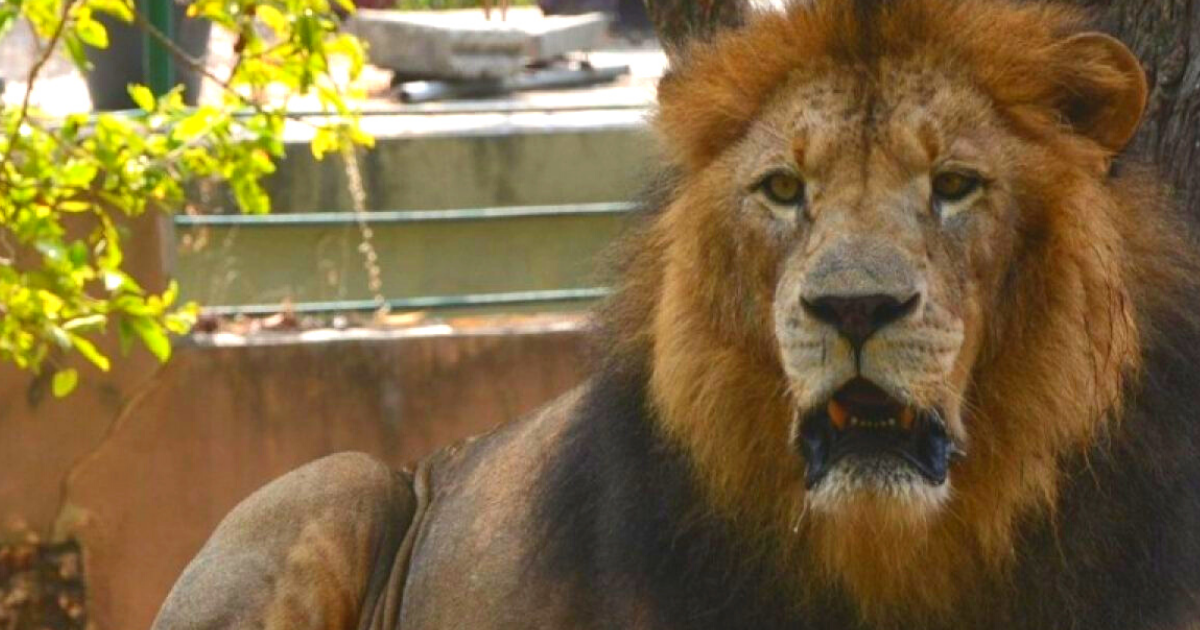
Like most other public places, the Dehiwala Zoo had to temporarily bar visitors due to the third wave of COVID-19 in Sri Lanka.
Although day-to-day activities continued for the zookeepers, they faced an additional challenge when some of the animals, too, contracted the virus that has so far resulted in more than 4,000 human fatalities.
Zoo authorities have had to spring into action, arranging for quarantine of animals displaying COVID-19 symptoms, identifying ways to procure required samples for testing, and seeking foreign help with treating the patients.
In June, Thor, an 11-year-old lion at the zoo, was isolated after testing positive for COVID-19. The zoo authorities suspected the lion contracted the virus from a zookeeper; a subsequent test showed a gardener at the zoo had COVID-19.
A few weeks later, Thor’s 12-year-old partner, Sheena, was also isolated after falling ill, going off food and displaying breathing difficulties.
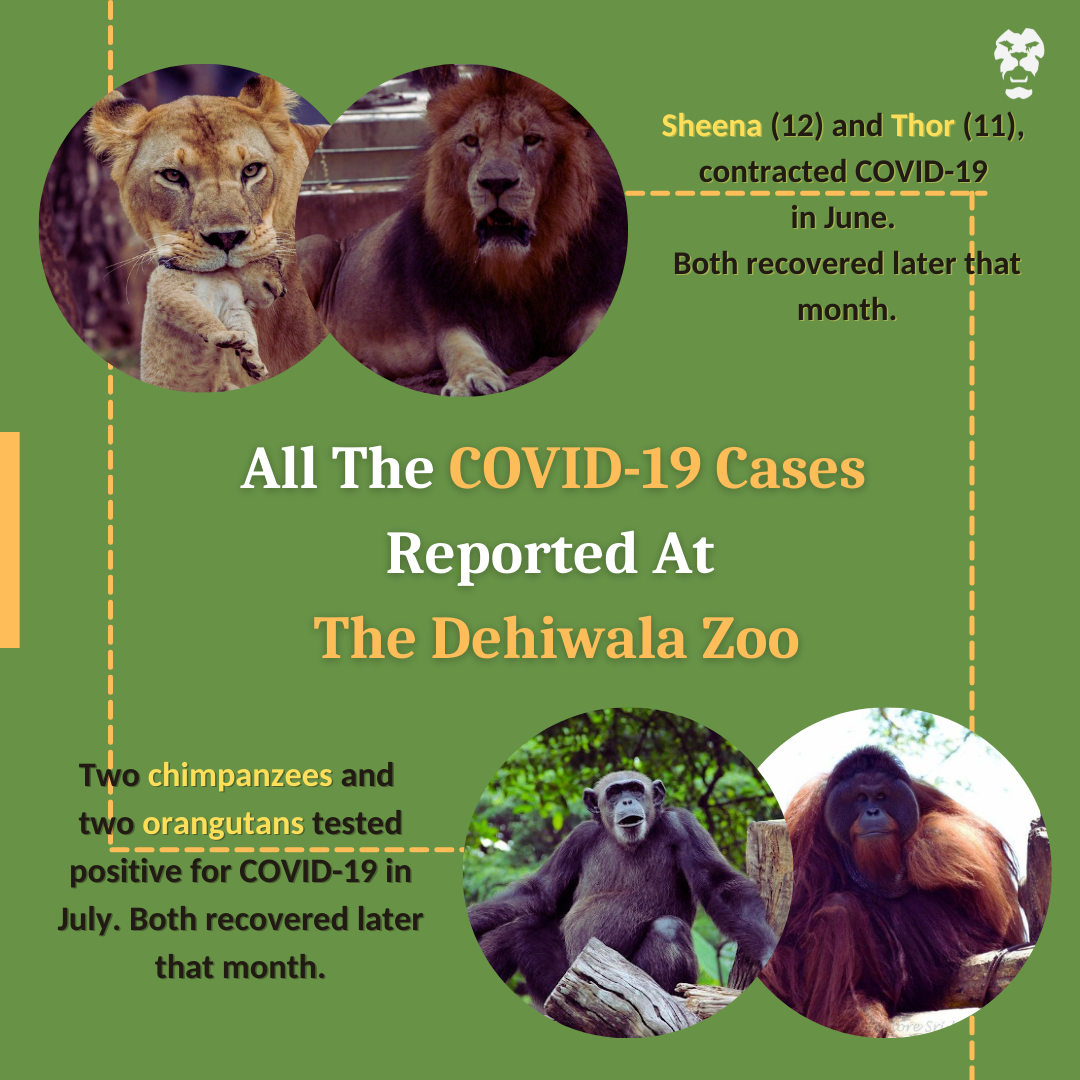
The duo recovered later that month, with only Thor requiring oxygen. However, zoo officials did face the complicated task of collecting saliva samples to carry out PCR tests. Instead of tranquilising the animals, the officials decided to use bait covered in cotton wool. The wool was later retrieved and the saliva was extracted for testing.
The saliva samples were sent to the Molecular and Nutrition Biochemistry Laboratory (MNBL) of the Faculty of Veterinary Medicine and Animal Science at the University of Peradeniya. Dr Dilan Satharasinghe, senior lecturer and lab supervisor, told Roar Media that over 200 animal samples have been screened by this laboratory as part of a surveillance programme that commenced in August 2020.
“Working together with the Department of Animal Production and Health, we surveil any animal samples suspected to have zoonotic diseases (diseases that spread from animals to humans) in order to determine their health. This includes not only zoo animals, but also feral animals that are under the care of the Department of Wildlife and even imported pets,” he said.
The latest COVID-19 patients at the Dehiwala Zoo were two chimpanzees and two orangutans, who fell ill in July. A study of the primates’ excrement alerted zookeepers to their illness. However, they are now reported to have recovered.

